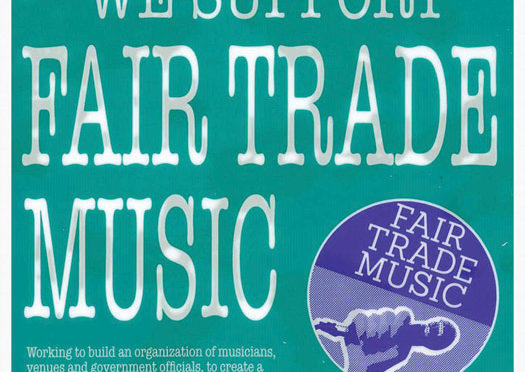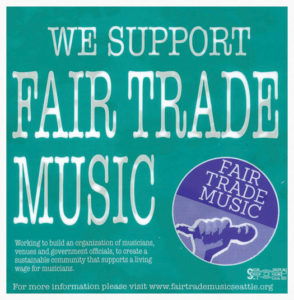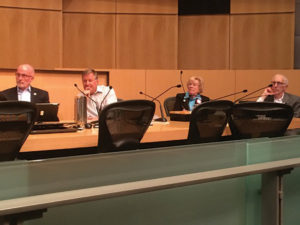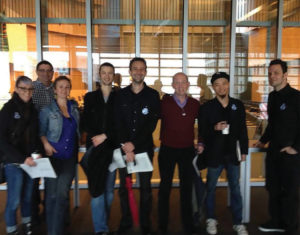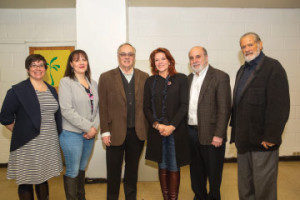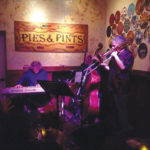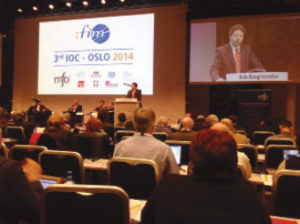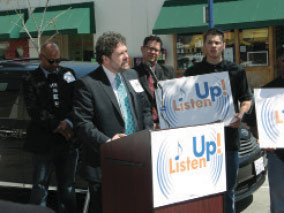by Peter Marroquin, AFM EMSD West Coast Office, TV/Theatrical Film New Use
 It takes a special group of people to create an effective and productive New Use Department, and that includes you. I have been a part of the Motion Picture/Television Film New Use Department since 1995. The department has consistently improved its billing and collection power every year, for the past two decades. This is the result of a constant effort to improve our data systems, identification of new sources of new use, partnerships with AFM locals, and the gathering of B-4 sound recording contracts from wherever they may roam. The goal of our department is to have every B-4 in existence in our archives, readily accessible for the billing and collection of new uses as they are found. AFM members are crucial to making this happen through their assistance in spotting new uses and locating B-4s.
It takes a special group of people to create an effective and productive New Use Department, and that includes you. I have been a part of the Motion Picture/Television Film New Use Department since 1995. The department has consistently improved its billing and collection power every year, for the past two decades. This is the result of a constant effort to improve our data systems, identification of new sources of new use, partnerships with AFM locals, and the gathering of B-4 sound recording contracts from wherever they may roam. The goal of our department is to have every B-4 in existence in our archives, readily accessible for the billing and collection of new uses as they are found. AFM members are crucial to making this happen through their assistance in spotting new uses and locating B-4s.
The TV/Theatrical Film New Use department is part of the Electronic Media Services Division (EMSD) of the AFM West Coast Office. We monitor the industry to capture the use of AFM sound recordings in films. The department does this through viewer/researcher Alisa Childs, who records and watches TV shows and theatrical motion pictures to spot the new use of recordings. Our two full-time researchers, Bryan Vasquez and Andrew Morris, assist in the daily viewing to catch as many new uses as possible.
In addition to in-house recording and viewing, we have access to music-in-films information through DVD rentals, record company licensing reports, and the Internet. We are always looking for additional reliable ways to identify new uses in films because we have a four-year statute of limitations. This means we have four years to spot a new use, find a B-4, and bill a producer. Catching all new uses has become more challenging for our three researchers because the number of channels and services (e.g., Netflix and Amazon Prime) has grown.
This is where our members can help by reporting the new uses they spot in films. The information we need to start the billing process is: film name, tune title, artist name, production company, and year of film’s release (or air date in the case of TV films.) This information can be sent to me at e-mail pmarroquin@afm.org or faxed to (323) 461-5410. Unfortunately, the billing process sometimes stops because we do not have a copy of the AFM sound recording session contract for the tune(s).
When a sound recording session takes place, a B-4 form is filed with the AFM locals. The B-4 itemizes for our department the list of musicians who performed in the session. It also confirms that the session was done under an AFM contract, and directs us on the appropriate new use fees to bill. We archive sound recording B-4s as they are found. Currently our database includes B-4 forms gathered from various union locals, the pension fund, and members. We are always looking for ways to find more B-4s. Our goal is to have a complete record of all recordings that have been filed with AFM locals. Members can assist by sending us copies of B-4 sound recording forms that they have in their personal files. Please contact me if you would like to send us your collection.
The billing and collection of new uses in films gets better every year. Our team is committed to improving its services through the resources available, and to finding more sources of new uses and B-4s. Join our team effort by reporting new uses and submitting your B-4s.



